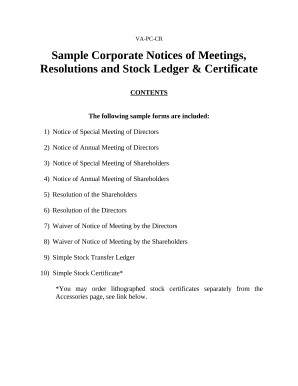

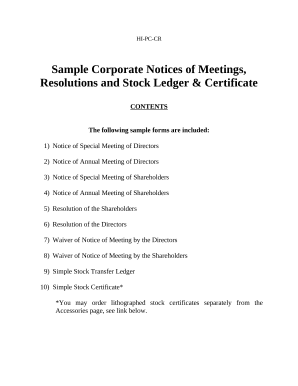
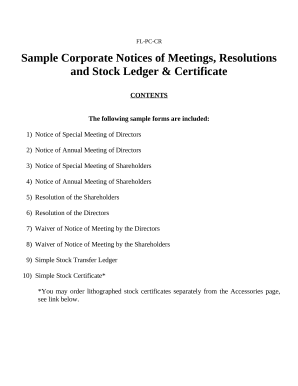
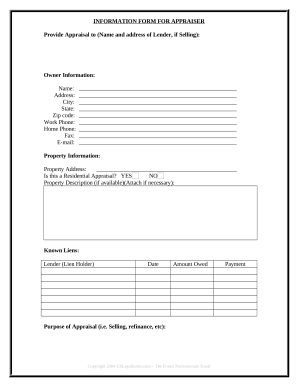

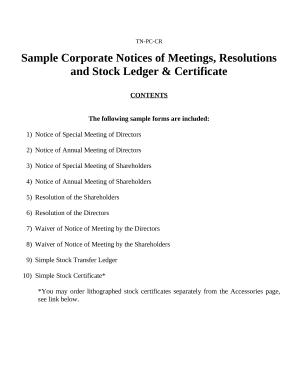
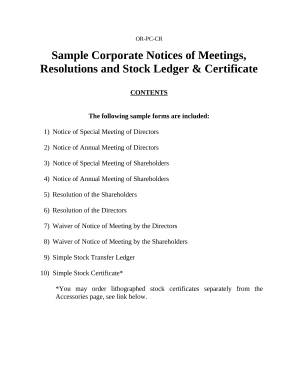


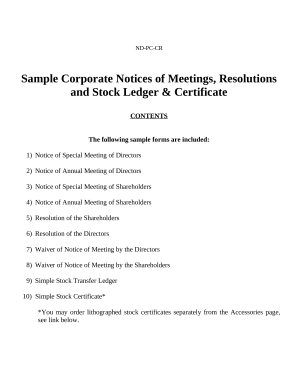
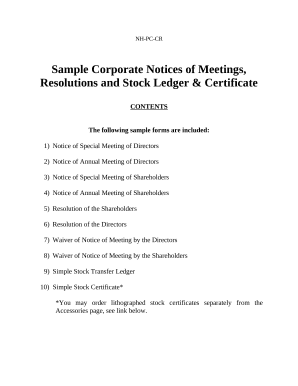


Document management can stress you when you can’t locate all the forms you require. Fortunately, with DocHub's vast form collection, you can get everything you need and quickly deal with it without the need of changing between software. Get our Sample Corporate Records and start utilizing them.
The best way to manage our Sample Corporate Records using these basic steps:
Try out DocHub and browse our Sample Corporate Records category with ease. Get a free account today!